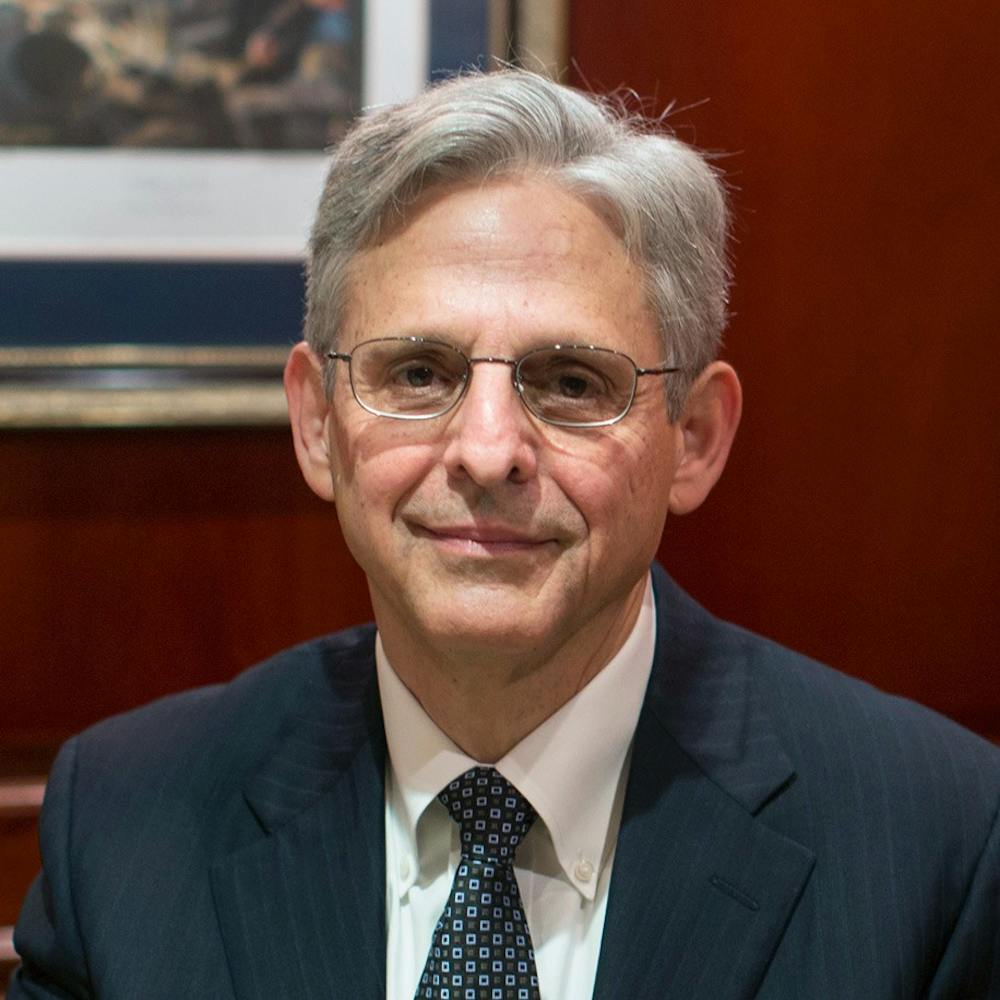President Barack Obama announced his nomination of Judge Merrick Garland to fill the Supreme Court vacancy left by the death of Justice Antonin Scalia March 16.
Garland has an extensive background in law. Before beginning his work as a private sector attorney, he graduated magna cum laude from Harvard Law School. He later became a federal prosecutor in the Justice Department, overseeing significant prosecutions in cases such as the Oklahoma City bombing.
Garland has spent the last 19 years as a judge on the D.C. Circuit Court, which is sometimes referred to as the second-highest court in the land. Three years ago, he became chief judge of the court.
In addition to the amount of experience Garland possesses, he has received support from both Democrats and Republicans in the past.
“Republican senators have said a lot of nice things about him,” Law Prof. Toby Heytens said. “Orrin Hatch, and possibly Mitch McConnell, have said — on the record — very good things about Judge Garland.”
This Republican support has likely stemmed from the fact that while Garland is considered liberal, he isn’t perceived as being too liberal, Law Prof. Saikrishna Prakash said.
“[Obama] wanted to nominate someone who he thought might be able to get a vote on the Senate floor,” Prakash said. “He wants to split the Republican party on this issue so that there is enough consideration to have a vote.”
Republicans in the Senate have said in the past they were not going to vote on Obama’s Supreme Court nomination. However, because of both Garland’s qualifications and reputation for being a moderate, from a Republican perspective, this is the best possible nomination from a Democratic president, Heytens said.
“If you oppose this nomination, you’re admitting that you would oppose literally anyone that President Obama could possibly nominate,” Heytens said.
Heytens said from his understanding, McConnell is holding steadfast in his position that the Senate will not act.
“McConnell had a phone call with Garland but is not going to meet with him because he basically said that it would be pointless,” Heytens said.
However, Heytens said some of the Republican senators may begin to “crack,” and some have agreed to meet with Garland.
Obama made a “strategic calculation” in nominating someone who is less extreme and more moderate, Prakash said. However, he said making such a nomination is not a basic process.
Several different sources make recommendations to the president on who he should choose, including the Office of Legal Policy in the Department of Justice and the White House Counsel’s Office.
“Based on all those recommendations, he would make a short list of nominees,” Prakash said. “He meets with them and talks to them and based on those conversations and based on what he knows about the potential nominees, he chooses one to send to the Senate as a nomination.”
Judges, senators, representatives, distinguished members of the Bar Association and people who have served in the government before are the positions where the president typically looks for nominees, Prakash said. However, there is no constitutional requirement to be a lawyer or judge, and absolutely anyone could be a nominee.
After the president sends the nominee to the Senate, the Senate Judiciary Committee reviews the nomination and holds a hearing in which they listen to testimonies from the nominee and others, Prakash said. Based on the hearing, the committee sends a recommendation to the floor, although a recommendation isn’t required.
“Then, typically, the Senate votes on the nominee after having debate about their qualifications, traits, and fitness for office,” Prakash said. “If the Senate consents to the nomination, the president is the one who actually appoints to office.”







